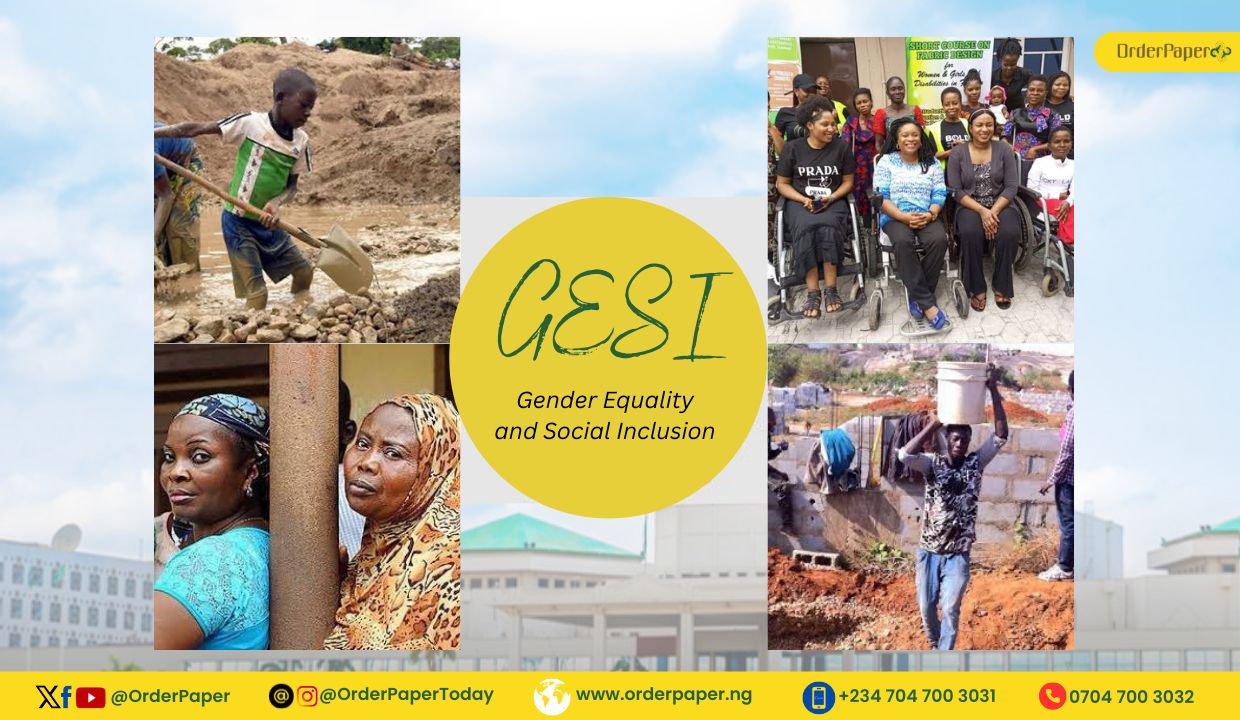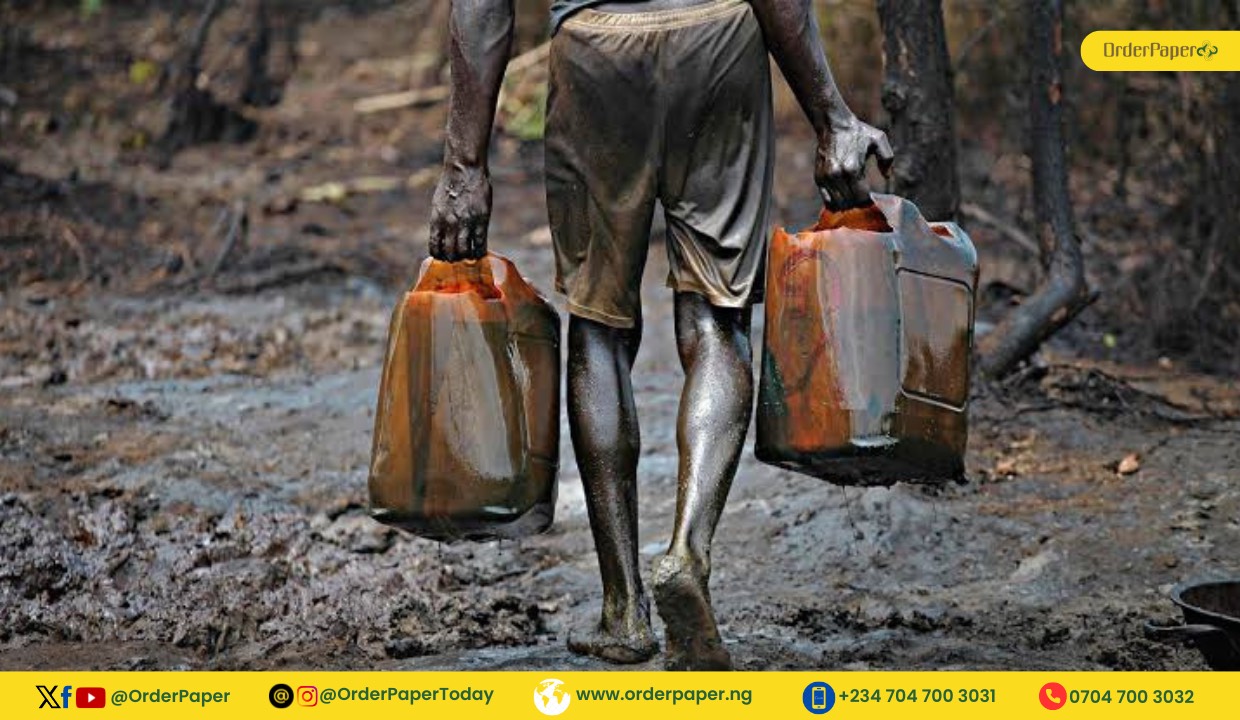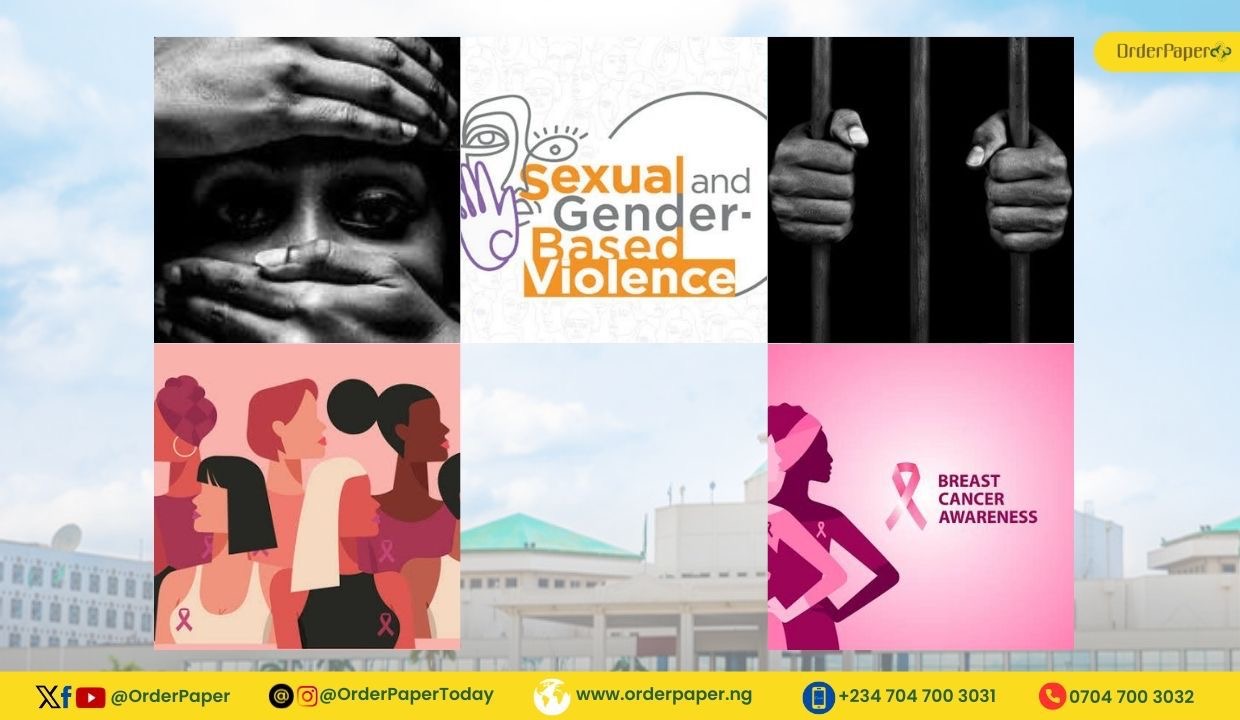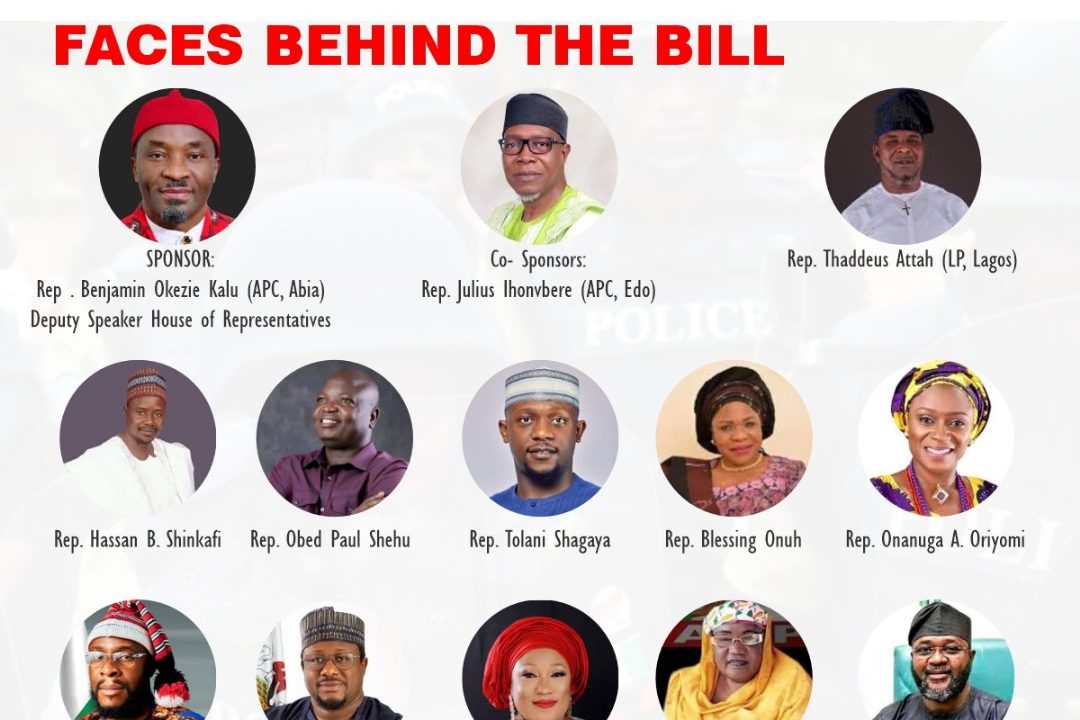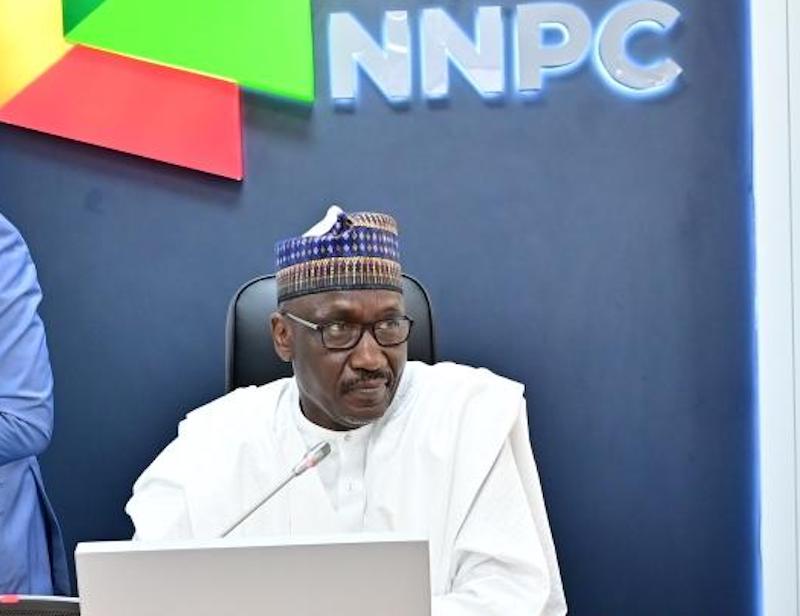With unemployment rates increasing by over 5 per cent, the National Assembly resumed plenary for the week of May 13th to 17th, 2024, to GESI activities centred on reducing unemployment through applying gender-sensitive policies and targeted job creation initiatives. This also extended to addressing the ills of casual labour. Bringing structure to casualised labour Casual labourers in Nigeria often face challenges like uncertain job security, as their work is temporary and can end suddenly. They...
HomeCategory
Nuggets & Learning Archives - Page 2 of 3 - OrderPaper
Members of the public, industry stakeholders, and interested parties are invited to contribute to the Bill during the public hearing.
Having examined the concept of sustainability and the various reporting frameworks, it is reasonable and justifiable to be curious as it relates to Nigeria’s oil and gas industry. This piece seeks to break down this relationship with a throwback to where it all started – the history of the black gold in Nigeria. Key facts on Nigeria’s oil and gas Nigeria is a nation rich in natural resources, particularly oil and gas. As of July...
The integration of sustainability into business models across industries is fast becoming a regulatory and compliance issue globally. And in this direction of play, Nigeria is moving along with the trend.
Sustainability refers to the responsible management of the earth’s finite resources to meet present needs without compromising the ability of future generations to meet their own needs. The House of Representatives recently threatened to issue arrest warrants on executives of some companies operating in Nigeria’s oil and gas industry. The alleged offence of these companies is their failure to honour invitations to explain or defend their Corporate Social Responsibility (CSR) initiatives to host communities in...
For the plenary week of March 5th to 7th, 2024, the National Assembly spotlighted key GESI components such as secondary school education on Sexual and Gender-Based Violence (SGBV), breast and cervical cancer preventive measures, and inmate integration through the decongestion of prisons. Integrating SGBV into school curriculum… In the hallways of secondary schools across Nigeria, young minds are shaped, dreams are born, and the foundation for a just and inclusive society is laid. Amidst the...
The “GESI Tracker” is a dedicated lens through which we scrutinise, analyse, and celebrate parliamentary activities’ on gender and inclusion-related dimensions. Welcome to the inaugural edition of the GESI Tracker, your comprehensive weekly report on Gender Equality and Social Inclusion (GESI) activities within the hallowed halls of the National Assembly. As a part of OrderPaper’s ongoing commitment to promoting transparency and fostering awareness of gender-related issues, this report seeks to illuminate the gender and inclusion...
The State Police Bill has become the most talked about item from the National Assembly this week. In this article, we present everything there is to the bill. OrderPaper, in its Legislative Intelligence Forecast Entry (LIFE) article for the week, had predicted that the issue of state policing would be on the radar at the national assembly. (Read the full article here.) As predicted, the House of Representatives on Tuesday passed for a second reading...
In discussions surrounding the transitioning of the Nigerian National Petroleum Corporation Limited (NNPC) to Nigerian National Petroleum Corporation Limited (NNPCL), misunderstandings persist about its ownership and mode of operations. One of the major misconceptions is whether or not the NNPC is a commercial or private company. Confused about what these terms mean? There is a story about the Akara for 4 the People Company that can help us understand what is important here. In case...
NNPC, Now NNPCL, Nigeria’s national oil company has undergone some rapid and significant metamorphosis in the last three years. Here’s why and these are the structural changes you need to know. Despite the numerous motions to diversify Nigeria’s economy, there has not been a very significant movement away from petroleum as the mainstay. And given that the Nigerian state has been putting its mouth where its money is, the Nigeria National Petroleum Corporation (NNPC) has...

